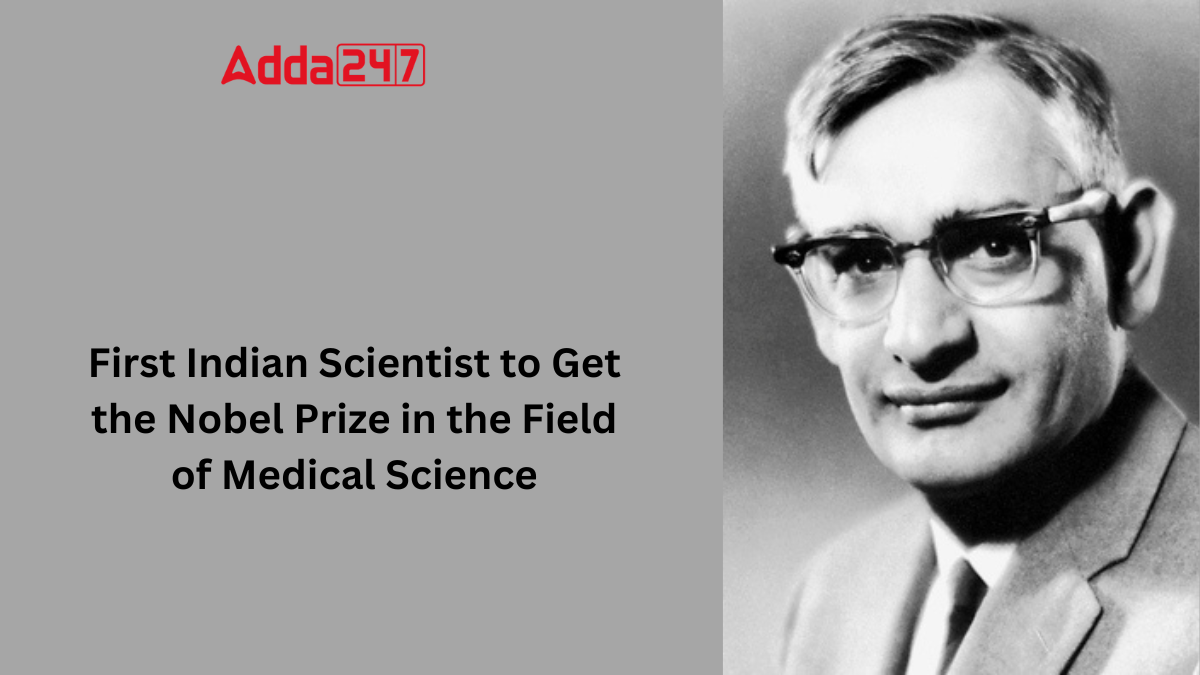Har Gobind Khorana was a pioneering Indian-American biochemist. He made groundbreaking contributions to the field of genetics, particularly in understanding how the genetic code controls protein synthesis. For his remarkable work, Khorana became the first scientist of Indian origin to win a Nobel Prize in the field of medical science, sharing the 1968 Nobel Prize in Physiology or Medicine with Marshall W. Nirenberg and Robert W. Holley.
Early Life and Education of Har Gobind Khorana
Har Govind Khorana was born in a small village in the Multan district of British India (now Pakistan). His family, although not wealthy, was deeply committed to education. Khorana received early schooling under a tree in his village before attending D.A.V. High School in Multan and Government College in Lahore. He completed his bachelor’s degree in 1943 and a master’s in science in 1945 from the University of Punjab. With scholarships, he pursued a PhD in organic chemistry at the University of Liverpool, which he earned in 1948.
Har Govind Khorana – Path to Scientific Success
After completing his postdoctoral studies in Switzerland, Khorana returned to England before moving to Canada in 1952, where he worked at the British Columbia Research Council. It was there that he began his research on nucleic acids, leading to significant scientific discoveries. In 1960, Khorana joined the University of Wisconsin–Madison, where his groundbreaking work on the genetic code took shape.
Noble Prize-Winning Research
Khorana’s Nobel-winning work focused on how nucleotides in RNA determine the sequence of amino acids in proteins. He successfully demonstrated the order of nucleotides in RNA chains and their function in protein synthesis. His work helped solve the puzzle of how genetic information is translated into the proteins that carry out various functions in living organisms.
Awards and Honors Presented to Har Govind Khorana
- Nobel Prize in Physiology or Medicine, 1968
- Member, United States National Academy of Sciences, 1966
- Member, American Academy of Arts and Sciences, 1967
- Member, American Philosophical Society, 1973
- Foreign Member, Royal Society, 1978
- Padma Vibhushan, Indian Government, 1969
- Louisa Gross Horwitz Prize, Columbia University, 1969
- Lasker Foundation Award for Basic Medical Research, 1969
- Golden Plate Award, American Academy of Achievement, 1971
- Willard Gibbs Medal, American Chemical Society, 1974
- Gairdner Foundation Annual Award, 1980
- Paul Kayser International Award of Merit in Retina Research, 1987
- Google Doodle tribute on his 96th birthday, 2018
- Khorana Program established in 2007 to support research opportunities for Indian students in the US
Har Govind Khorana – Later Research and Legacy
Khorana continued his scientific contributions long after his Nobel Prize victory. In 1972, he successfully synthesized the first artificial gene, laying the groundwork for modern genetic engineering and DNA research. His pioneering work has influenced genome editing technologies, such as CRISPR, which are now crucial tools in biotechnology and medicine.
Har Gobind Khorana passed away on 9 November 2011, but his legacy in the field of medical science and molecular biology remains profound. His achievements have paved the way for advancements in genetics, offering insights into human diseases and genetic disorders.




 Which District is known as the Medical C...
Which District is known as the Medical C...
 Which was the First Women's University i...
Which was the First Women's University i...
 Which Island is known as the Island of P...
Which Island is known as the Island of P...








